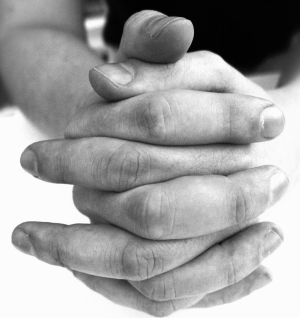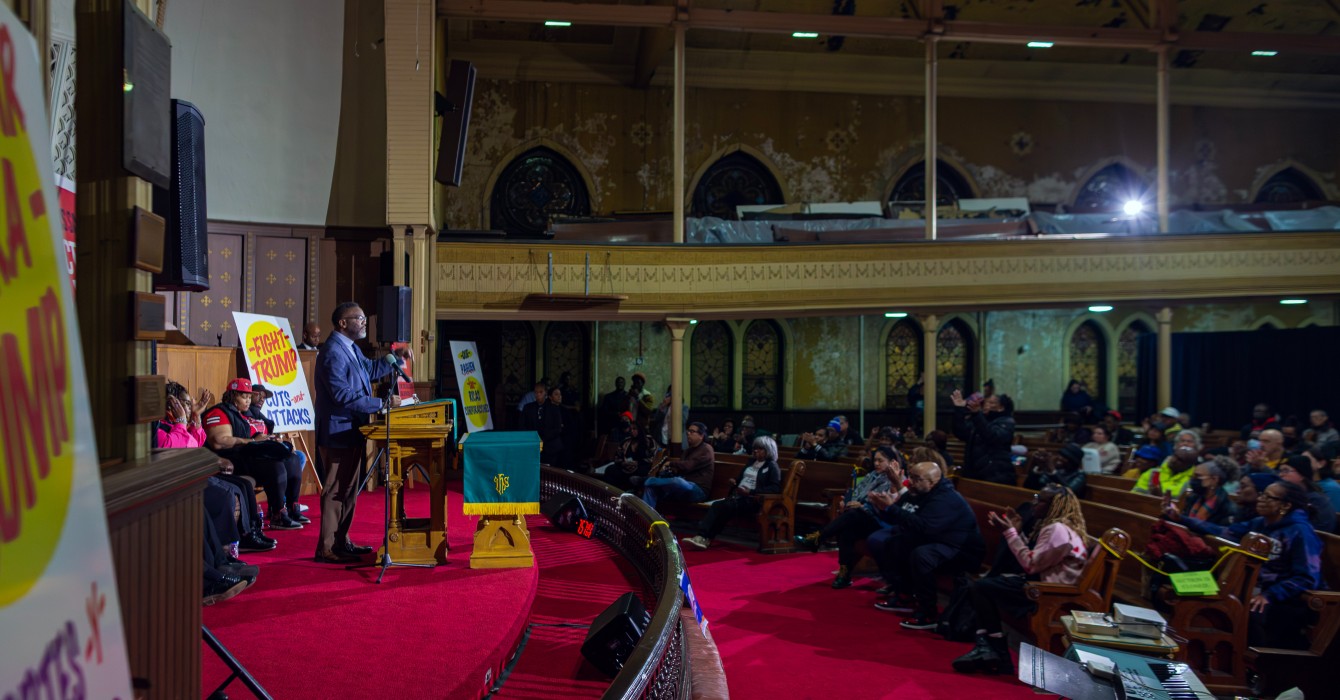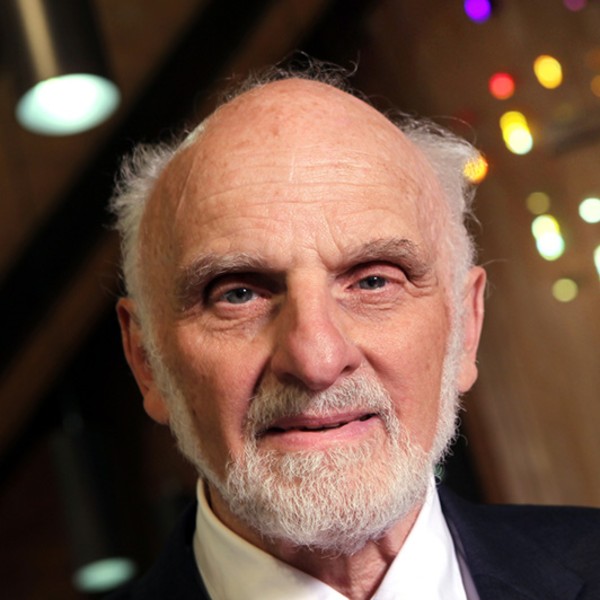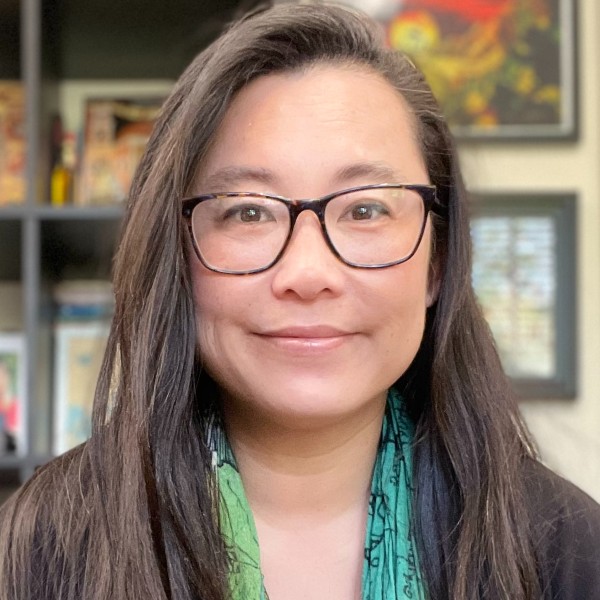In 2003, St. Louis-based Ascension Health -- a sprawling network of facilities in 20 states -- faced a growing shortfall in its retirement assets.
Like the leaders of other companies in the same position, Ascension executives had to decide what to do. The company had made promises to thousands of employees and retirees about their pension plans. At the time, the retirement fund assets had eroded below 60 percent of the company’s obligations.
Executives could have slashed pensions. But Ascension Health, the nation’s largest Catholic, nonprofit health care company, took a different path. The executives, after much consideration, agreed to borrow $600 million and funnel the money into the pension plan. They preserved pensions for current employees and retirees even though they agreed that new employees might see slightly reduced pensions.
“We felt as a matter of justice, we had to keep our associates whole, keep their plans whole,” said Dan O’Brien, Ascension’s vice president of ethics. “It was something we had promised those associates. That cost us a lot.”
It was a difficult -- and expensive -- decision. The leadership at Ascension Health arrived at it through a process of discernment -- a detailed, theologically based approach to decision-making that is part of the company’s business culture. (See related reflection.)
Ascension Health’s discernment process comprises seven steps:
Go here for more information about the company’s discernment process.
Source: Ascension Health
- Identify the central question.
- Consider stakeholders.
- Identify the relevant facts.
- Identify salient values and moral concerns.
- Consider alternatives.
- Decide and justify.
- Follow up and review.
Although Ascension isn’t the only organization to apply this Christian practice to contemporary decisions, it’s fairly rare, even in churches, said Martha Ann Robbins, a professor at Pittsburgh Theological Seminary. And even those that do use it tend to employ it on an individual level, not as a structured company practice.
Robbins said using discernment can lead to decisions that conflict “with the bottom line.” And, even in a mission-minded organization, “that’s a reality factor.”
Following the discernment process
Ascension adopted its discernment process in 2003 to help its leaders make major organizational decisions that adhere to its mission, vision, values and identity.
It engages the spirituality, intellect, imagination, intuition and beliefs of those involved. One of Ascension’s brochures states: “It is decision-making that reaches into the hearts of our beliefs about God, creation, others and ourselves.”
Formed in 1999, Ascension Health is sponsored by the four provinces of the Daughters of Charity, the Congregation of St. Joseph and the Sisters of St. Joseph of Carondelet. The company models itself after Jesus Christ as healer, dedicated to providing spiritually centered health care to everyone, with a special emphasis on the poor and vulnerable and the communities where they live. The company, which has more than 106,000 employees, posted annual revenues of $13.5 billion in 2008.
For the decision about its retirement fund, Ascension executives relied on the detailed, seven-step discernment process to guide them in understanding God’s will.
In many ways, the discernment process looks ordinary. It is typically a meeting or series of meetings involving company leadership.
It’s not as if executives enter a room, open a Bible and proclaim a heavenly answer. Executives begin with a key question: What is the central problem or question? Once they identify that, the process involves gathering the facts necessary to make the decision. That effort can take weeks or months.
Sister Danielle Bonetti, vice president of mission integration at Ascension’s St. Mary’s Hospital in Amsterdam, N.Y., saw the process in action with her hospital’s 10-member executive team in May 2007. The question was whether St. Mary’s should move forward with acquiring a struggling hospital in town. The team had been discussing the idea for several months and gathering information.
The time then came for a decision. The team scheduled a day-long meeting with a facilitator at a conference center about 20 miles out of town.
Bonetti described the ensuing discussion as informal and organic. Executives weighed the pros and cons. They asked themselves and each other: Is there anything else left to explore? What would the hospital founders do? What would Jesus do? How would the decision mesh with Ascension’s mission and vision?
She said they paid attention to the facts and each person’s feelings about the decision. “You have to listen to each person,” she said. “It’s a conscious choice to listen to each other.”
Built into the discussion was time for quiet reflection, which sometimes begins with a prayer. Bonetti described it this way: “Let’s just sit with this a minute. What are we hearing at this moment?”
The goal was to build consensus. At the end of the day, the hospital’s executive team agreed to move forward with the possible acquisition of the other hospital, which is still underway.
The meeting, while similar to a regular executive meeting in many ways, was also starkly different.
“The clear distinction is we did it with a consciousness of God’s presence,” she said.
Had the executives looked at the decision purely from a business perspective, she said, they might have made a different decision.
“You don’t base decisions only on facts and principles,” said O’Brien, Ascension’s vice president of ethics. “You pay attention to feelings. You pay attention to the inner movement of the spirit. You pay attention to what’s going on inside of you.”
Seeing in a different way
Ascension Board of Trustees member Andre Delbecq, a management professor at Santa Clara University in California, said organizations can make better, more-informed business decisions by using discernment.
Some research suggests that corporate decision-making can be hindered by issues with the organization or with the executives, Delbecq said. Impatience, fear, anxiety, anger, jealousies and pride can get in the way.
“The tradition of discernment stands as a complement to decision theory, as it teaches one to find inner freedom,” he said. “Freedom from fear and anxiety. Freedom from impatience.”
O’Brien said Ascension’s discernment policy has steps that counter the seven main reasons corporate decisions falter, as described in Paul Nutt’s book, “Why Decisions Fail.” Two of the problems Nutt notes are failing to manage political forces and ignoring ethical issues.
Ascension’s discernment process guides leaders to identify all the people who will be affected by the decision, including those who will be the most affected and those who have direct authority to make the decision. Leaders are asked to address several key principles, such as justice, the common good and human dignity. Such discussion, officials say, keeps them rooted in Ascension’s mission and leads them away from serving their own desires.
Executives -- even if they continue to have personal issues with the final decision -- need to feel they can support the decision and have a sense of peace about it, O’Brien said. If they do not, the group circles back through the steps until everyone gets to that point.
Sometimes, it’s not the right time to make a decision. Other times, executives need more information before they can reach consensus on a decision.
Delbecq says discernment cannot happen without prayer, which allows decision makers to reach a deeper level of freedom and to think on behalf of the common good.
“One opens oneself to grace through prayer,” he said. “One seeks the gifts of the Holy Spirit through prayer. Through that opening, grace is given, which allows the person to have ears that hear and eyes that see in a different way.”
Ascension has used discernment on numerous occasions. It is used for making any major decision that will likely have a significant impact on services the company provides, the communities where Ascension facilities are located or on its employees. Leaders determine whether a particular decision warrants the complex process.
The company’s leadership has used the process to decide how its health ministries align with other organizations, make large capital purchases, switch major vendors and acquire other health organizations.
The process can take a few weeks to a few months, O’Brien said.
To use discernment, it helps if the individuals have adopted a history of prayer and meditation themselves so it becomes more natural in a group environment, Delbecq said.
Although discernment is useful, Delbecq warns that it’s not fail-safe.
“It’s not some magical process that does away with interpersonal tensions,’’ he said.
O’Brien said the process helps build consensus especially when there are decisions to be made that will affect a lot of different stakeholders. It’s also good when decisions have significant financial impacts or when the answer is ambiguous.
He said Ascension also has identified some situations where the discernment process should not be used: to ratify a decision that’s already been made, make a decision when there’s not enough time to engage the process or make a decision that’s already clear to everyone involved.
“We have to be careful how we use people’s time and energy,’’ O’Brien said.
Searching for meaning and purpose
Although Ascension has found discernment to be useful, Robbins said it is rare for an organization to formally use discernment in its decision-making. Robbins has studied the history of spiritual discernment and frequently teaches on the subject at Pittsburgh Theological Seminary.
Companies and other organizations also may steer away from such a process because they are afraid of infusing anything spiritual or religious in their day-to-day operations, said Ian Mitroff, a management professor at Alliant University in San Francisco and author of “A Spiritual Audit of America” and “Why Some Companies Emerge Stronger and Better From a Crisis.”
“Most people, businesses included, are afraid to depart from the mainstream,” Mitroff said. “Nonetheless, if you go inside a lot of organizations you will find on the part of a lot of people, they have a hunger for this. The basic thing people are searching for is meaning and purpose in their life.”
Delbecq said Ascension’s discernment process stands out not only because it’s rare, but also because the company speaks publicly about using this process for organizational decision-making. Some organizations encourage their employees, their administrators, their board members and their leaders to use discernment, but only as individuals.
Ascension does this as well. But it takes the process further. “This,” Delbecq said, “is an organizational practice.”
Mitroff said companies have to be careful when using spiritual practices so they don’t make people of other faiths feel excluded. The more ecumenical, the better, he said.
O’Brien said people of many faiths, including Jews, Muslims and Buddhists, use Ascension’s process, which doesn’t require participants to adhere to a specific faith perspective. The company has employees of many faiths, and he said it works in an interfaith environment “quite effectively.”
Mitroff wondered if the nation’s economy would be in a better state now if more organizations used a discernment tool like Ascension’s.
“Look at Wall Street,” he said. “That’s what spiritual organizations are trying to combat. These organizations … they are asking themselves a deeper, harder set of questions.”














